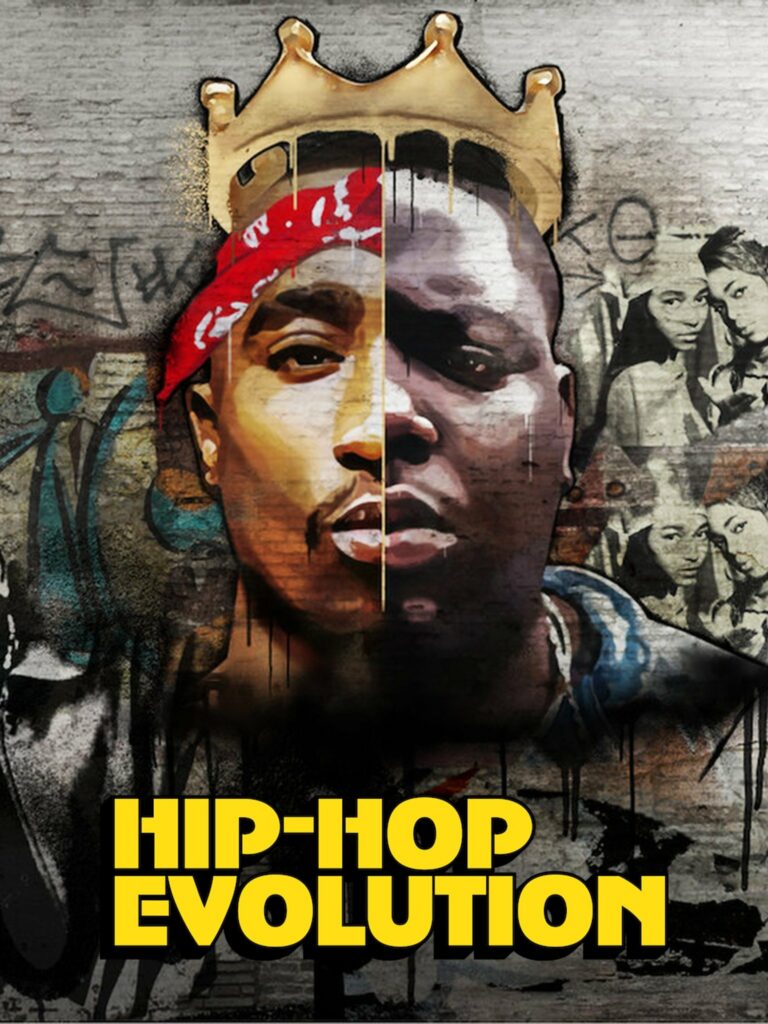As we know Hip-Hop rose to fame from the humble beginning of New York in the 70s. MCs like Afrika Bambaataa, Kool Herc, and Grandmaster Flash helped to define a sound unlike any other. One of my favorite facts about Hip-Hop though is how interdisciplinary it was in the beginning. There are 5 main components of Hip-Hop; MCing( Oral), Djing (Aural), Breaking ( Physical), Grafitti ( Visual), and Knowledge of self ( Mental). Each element was created to work in tandem with each other to engage every sense. Hip-Hop was about breaking the status quo, centering your Blackness, and allowing a new space for self-expression. New York in the late 70s and 80s was also an incredibly dangerous time with high crime rates, the crack epidemic on the rise, and racial tensions climbing. Hip-Hop allowed people to come together. If we can’t have the truest feeling of Hip-Hop without community, it forces us to collaborate and engage with our peers.
Despite the five elements of Hip-Hop still existing today, there is much less emphasis on the community of Hip-Hop through collaboration with one’s community. Throughout the 90’s, we saw a rise in Hip-Hop record labels like DeathRow and Bad Boy Records that provided a sense of community. It was West Coast Vs. East Coast. Or in the early 2000s, we see Young Money Entertainment being a cornerstone of Hip-Hop with the OG Nicki Minaj, Drake, and Lil Wayne trifecta. In this way, Hip-Hop asks you to be one with your neighborhood or your block but not necessarily everyone. As we see Hip-Hop and Rap continue to evolve, I have hope for the sense of community to be renewed. In one way we see this happening is through all the female MCs that are on the rise. Rappers like Megan Thee Stallion, The City Girls, Latto and Doechii are pushing back against the narratives that try to drive them apart. Instead of feeding into the idea that only one person can thrive, they choose to collab and uplift their peers. In some ways, its made me feel like we are always coming full circle. Hip-Hop may not look exactly the way it did in the beginning, but that sprit of innovation and


